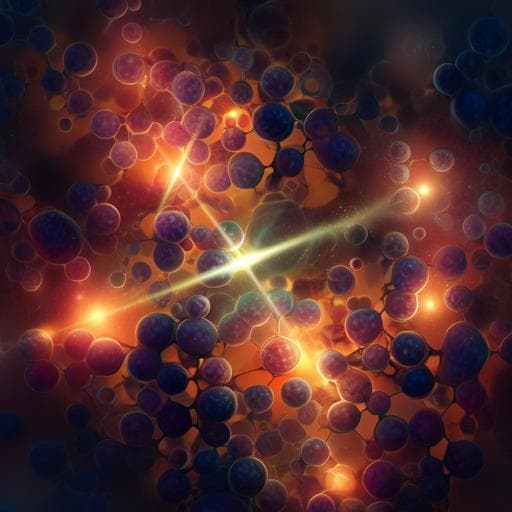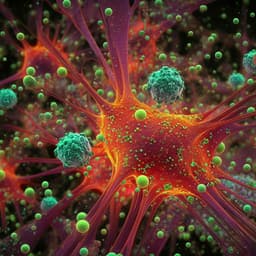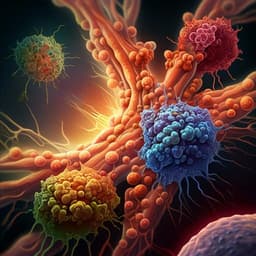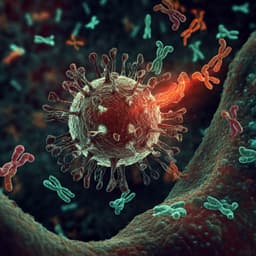
Medicine and Health
Single cell analysis reveals distinct immune landscapes in transplant and primary sarcomas that determine response or resistance to immunotherapy
A. J. Wisdom, Y. M. Mowery, et al.
Immunotherapy alone often falls short for cancer patients, but groundbreaking research by Amy J. Wisdom and her colleagues reveals the powerful synergy of radiotherapy and PD-1 blockade in treating sarcomas. This study uncovers how different tumor models impact immune response, offering new insights into personalized cancer treatment strategies.
Related Publications
Explore these studies to deepen your understanding of the subject.







